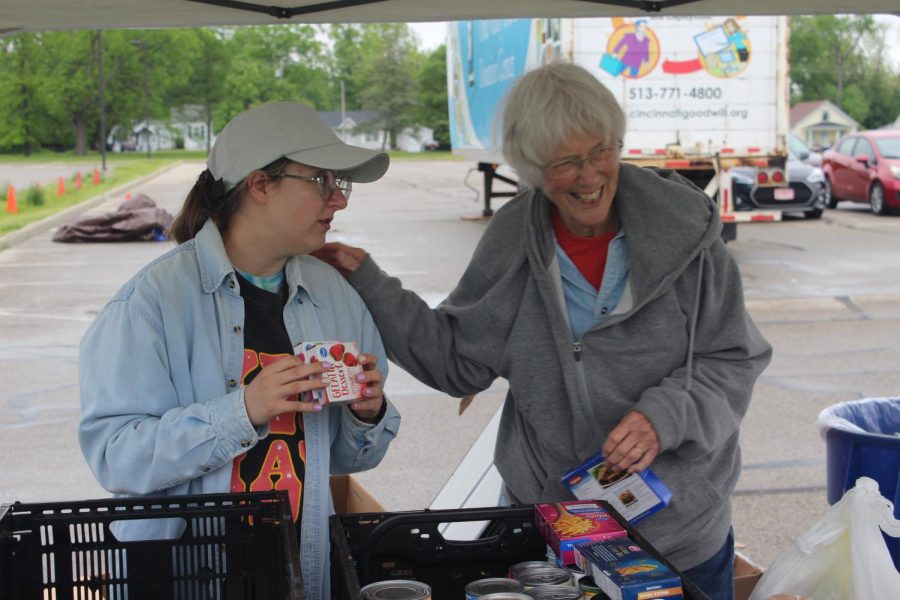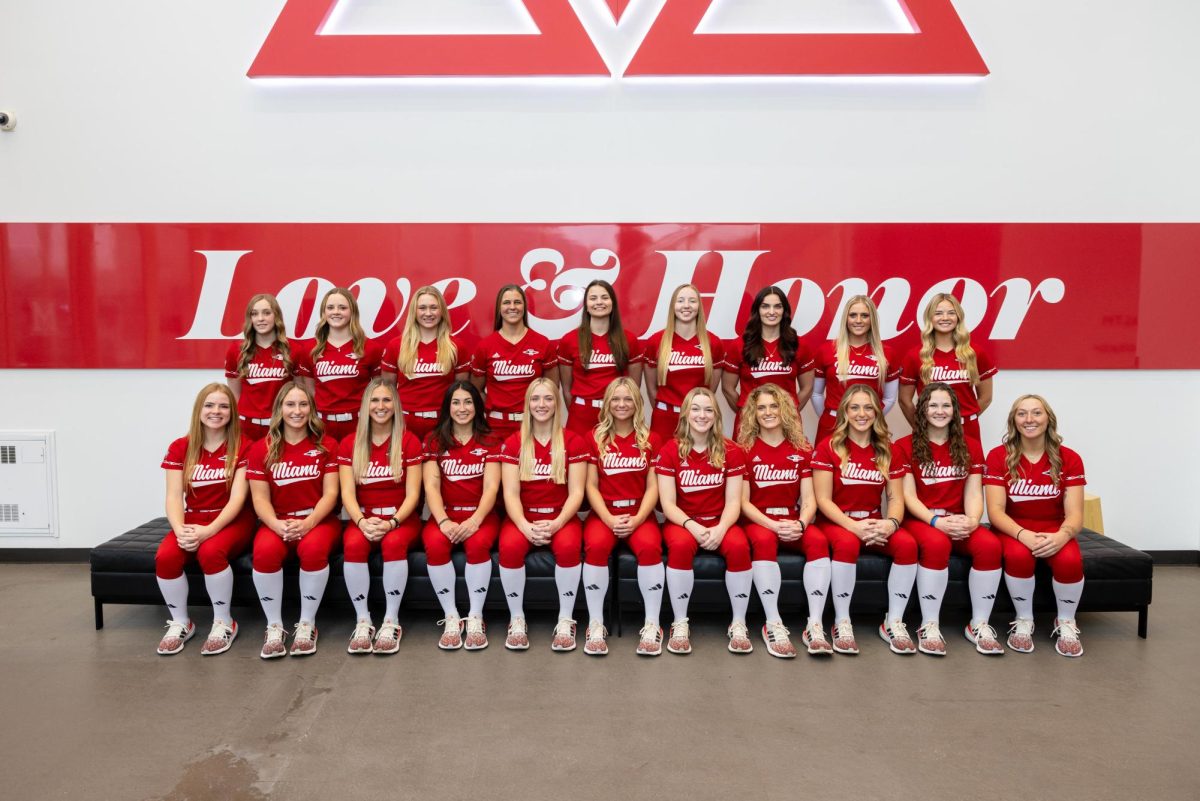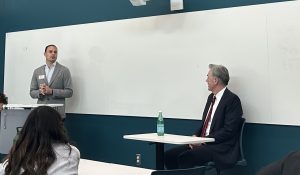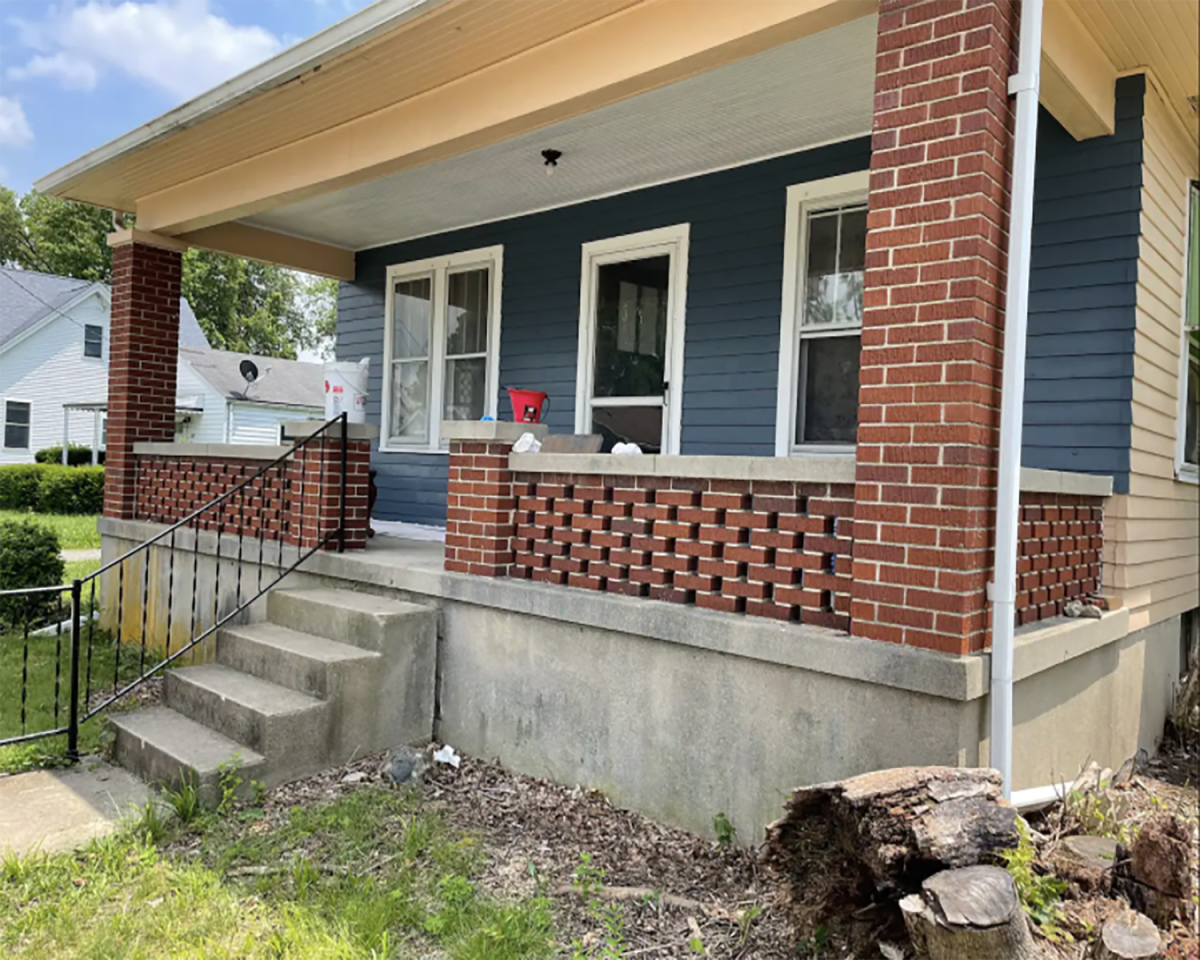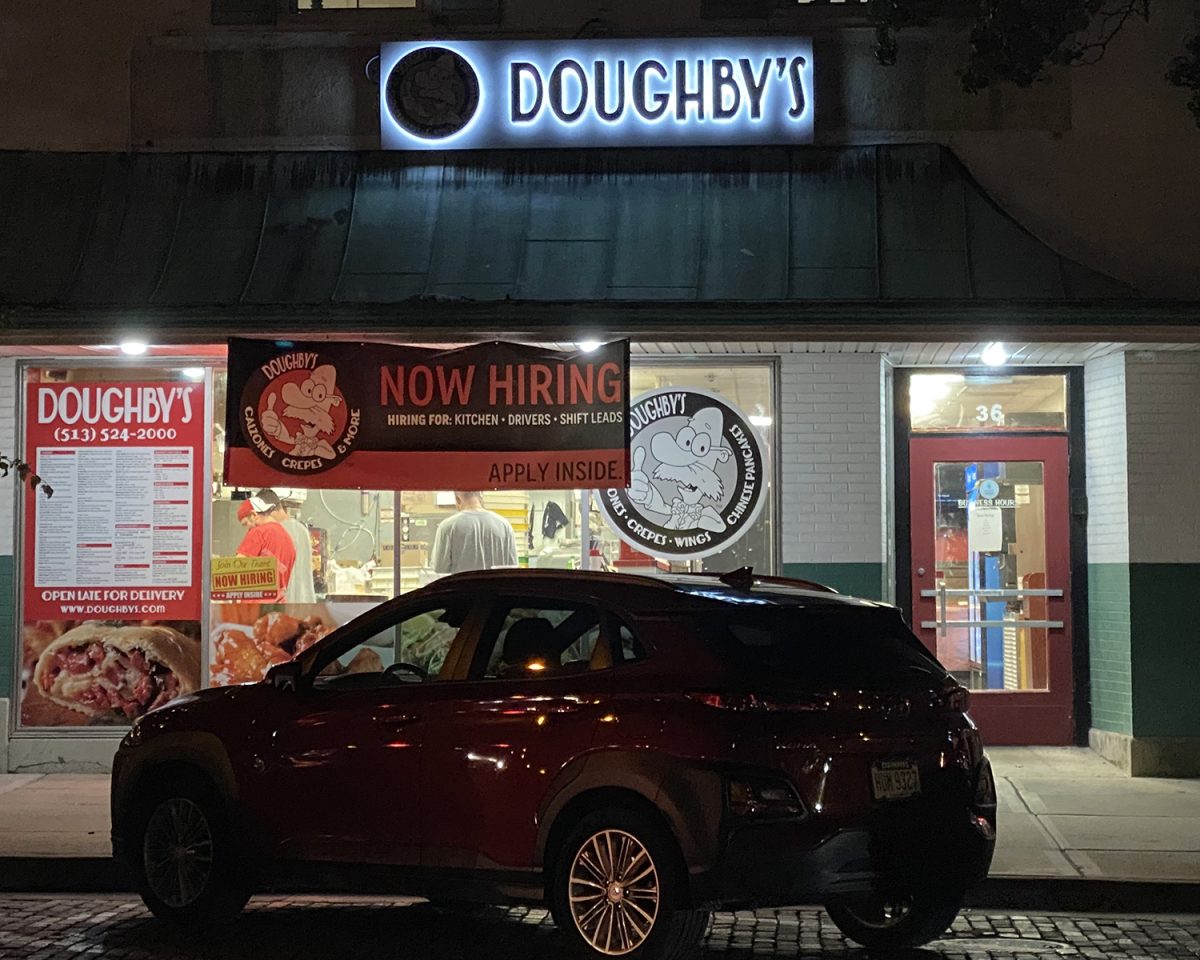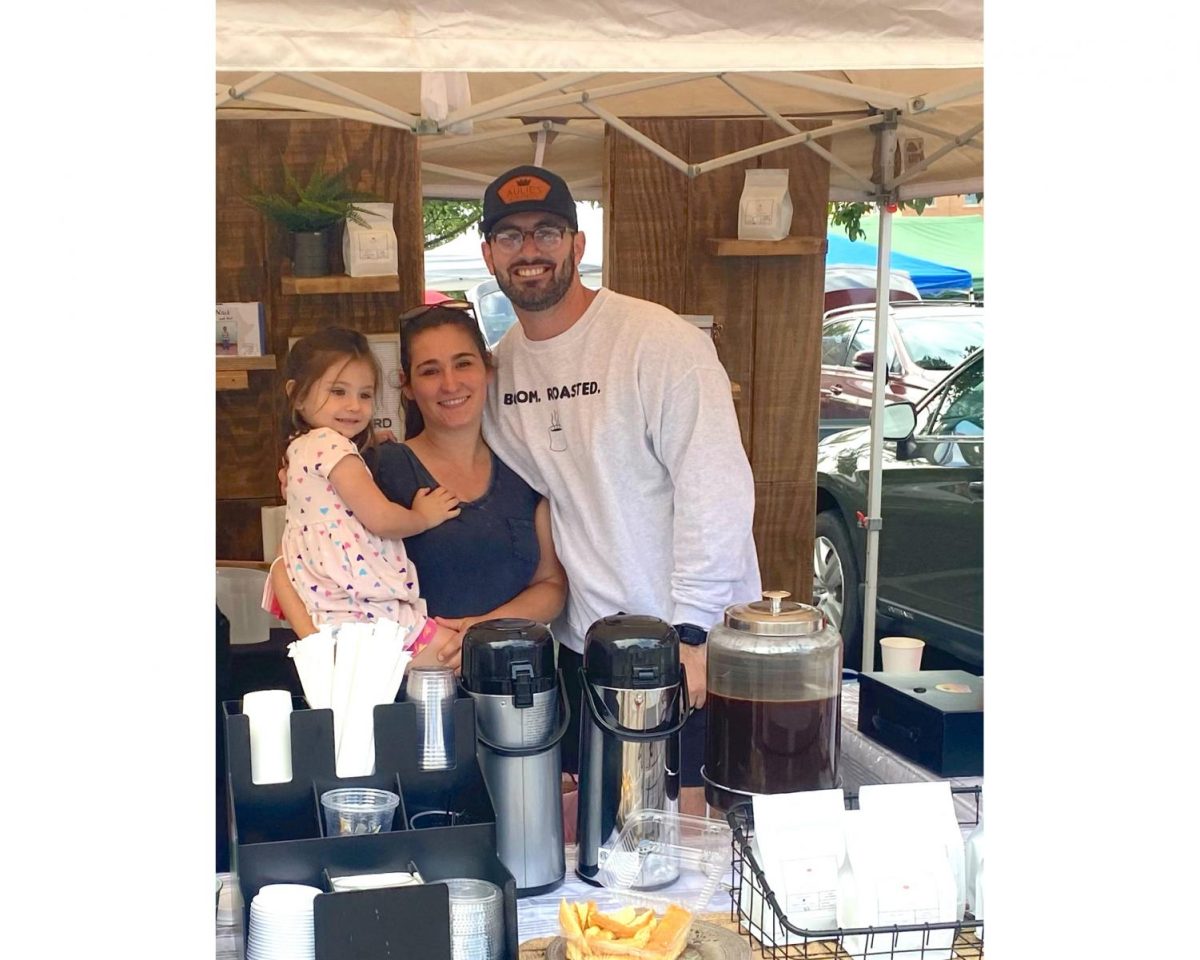In the middle of an unforeseen pandemic with rising levels of unemployment, why would an employee at an essential business take a voluntary leave of absence?
The answer to that question is anything but simple, as my brother, 23-year-old Nathan Burtzlaff, an employee at Fastenal Company’s Streetsboro, Ohio branch, can tell you.
“It was definitely a difficult choice,” Burtzlaff said. “I enjoyed working there, and I obviously enjoyed making money. In a perfect world, I would be working right now, and I would be making money right now.”
In addition to being a full-time undergraduate student at Kent State University, Nathan worked part-time in a sales support role, often making deliveries to Fastenal’s clients and assisting the branch’s sales team in whatever capacity necessary.
“Some days I’ll be in the branch store, answering phones, placing orders, developing quotes,” Burtzlaff said. “Other days, I’ll be out visiting our key accounts, talking with key purchasers, both to make deliveries and to have conversations with them about their needs, how satisfied they are with our products and what more we can do to better accommodate them and their company.”
When the COVID-19 pandemic hit and Ohio issued a stay-at-home order, Fastenal was deemed to be an essential business, because they sell and distribute manufacturing parts and equipment to manufacturing plants and construction companies, which were deemed to be essential services under Gov. Mike DeWine’s order.
Despite working for an essential business, Nathan felt uneasy about continuing to work during the pandemic, adding, “the company made it very clear that if employees didn’t feel comfortable or had some external reason to take a leave of absence, then they could, so I decided to do that for the safety of myself and that of my family.”
Nathan’s parents, Beverly and Kevin Burtzlaff, are both in their late 50s to early 60s, putting them in a higher risk category of people who are more likely to contract COVID-19, “This virus is very real,” Beverly said. “And we have to take any and all precautions to avoid contracting this virus, especially because it affects different people in very different ways.”
Wanting to look out for his mother and the rest of his family, Nathan was forced to make that difficult choice, ultimately opting to take a leave of absence, and thus essentially eliminating his paycheck for the foreseeable future. Living at home, however, will still provide a stable source of food and comfort despite losing his paycheck.
“We’re really happy to have Nathan home all this time,” Kevin said, adding, “this whole situation has caused lots of changes in all of our lives but it’s nice to have Nathan home, even if he would rather be back at school.”
While many are filing for unemployment in the wake of layoffs and furloughs to non-essential workers, that isn’t necessarily an option for Nathan. Having voluntarily chosen to take a leave of absence, coupled with Fastenal being an essential business, he would likely not qualify for unemployment benefits under Ohio’s relief program.
Even when the threat of COVID-19 begins to decrease, the bleak outlook will continue to plague the job market for years to come. Set to graduate from Kent State in May, Nathan will have to navigate a fragile economy and an even more fragile job market.
Joseph Burtzlaff is a junior at Miami, majoring in political science and strategic communication.


